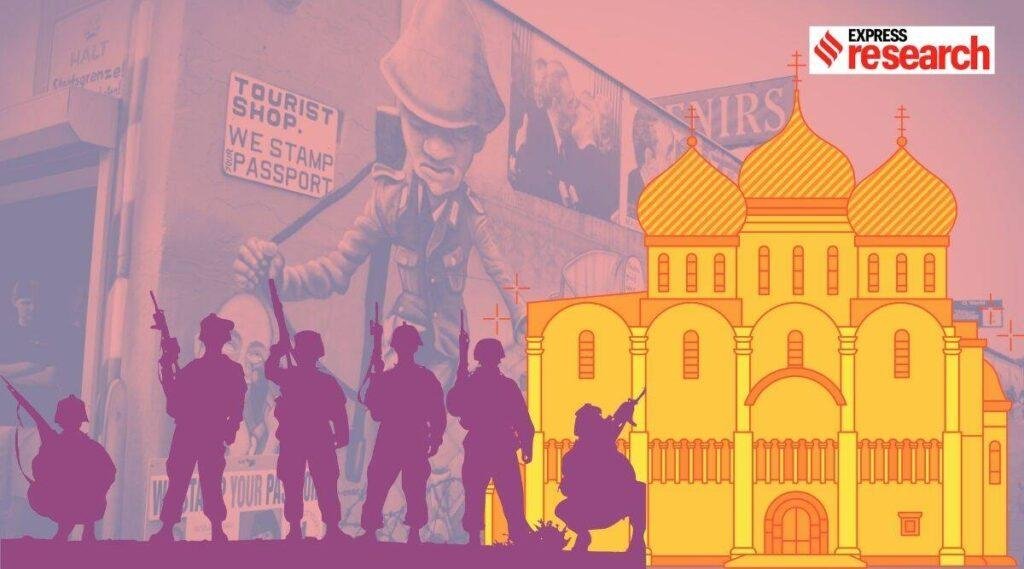The Cold War was a state of political and military tension between the United States and the Soviet Union, which lasted from the end of World War II in 1945 until the collapse of the Soviet Union in 1991.
The two superpowers were engaged in a battle for global influence, with each side seeking to spread its political ideology and expand its sphere of influence. The Cold War had a significant impact on global politics, shaping the course of world events for decades.

Origins of the Cold War
The origins of the Cold War trace back to the end of World War II when the United States and the Soviet Union emerged as the two most powerful nations in the world.
The United States promoted democracy and capitalism, while the Soviet Union adhered to communism and a state-controlled economy, reflecting their vastly different political ideologies.
Tensions between the two superpowers began to mount in the aftermath of World War II, as the United States and the Soviet Union competed for influence in Europe and Asia.
The US grew concerned about communism’s spread and the Soviet Union’s expansionism. While the Soviet Union saw the US as a hostile and imperialistic power.
The Cold War and Global Politics
The Cold War had a significant impact on global politics, shaping the course of world events for decades. Some of the key impacts of the Cold War include:
- The Division of Europe: The Cold War divided Europe, with Western Europe allied with the United States also Eastern Europe under Soviet influence. The Iron Curtain, a term coined by Winston Churchill, became the symbolic divide between the two sides.
- The Arms Race: The US and the Soviet Union competed in a massive arms race, developing new weapons also technologies. The threat of nuclear war loomed large over the world, with both sides building up their arsenal of nuclear weapons.
- Proxy Wars: The Cold War featured proxy wars where the US and the Soviet Union supported opposing sides globally. These conflicts included the Korean War, the Vietnam War, also the Soviet invasion of Afghanistan.
- Space Race: The US and the Soviet Union competed to be the first to send a man to the moon. The space race was a symbol of the technological competition between the two superpowers.
- The End of Colonialism: The Cold War greatly influenced decolonization in Africa, Asia, also the Middle East. The US and the Soviet Union backed rival factions, aiming to expand influence also access resources in these regions.
Conclusion
The Cold War was a defining moment in global politics, shaping the course of world events for decades. The US-Soviet tension resulted in conflicts, proxy wars, and an arms race.
The end of the Cold War marked a significant shift in the balance of power in the world. The collapse of the Soviet Union led to a new era of globalization also increased cooperation between nations.
The Cold War’s legacy persists in the ongoing tensions between the United States and Russia. As well as the ongoing conflicts in regions such as the Middle East and Eastern Europe. 온라인카지노

